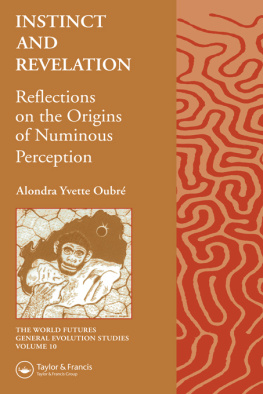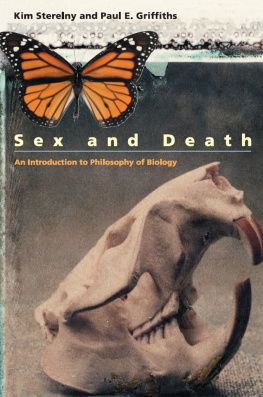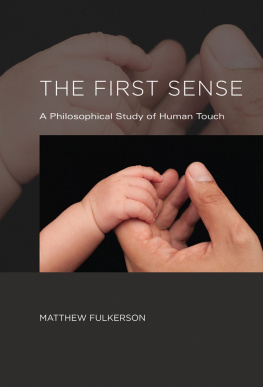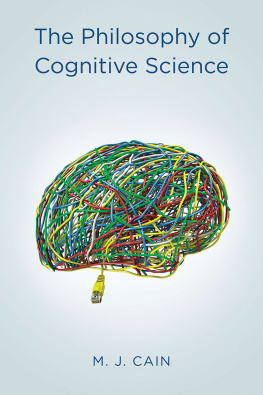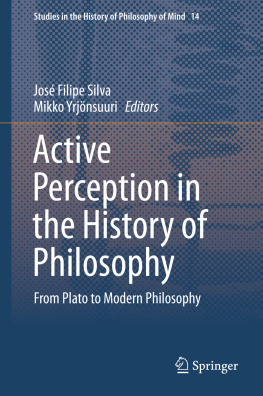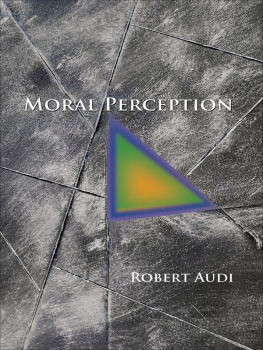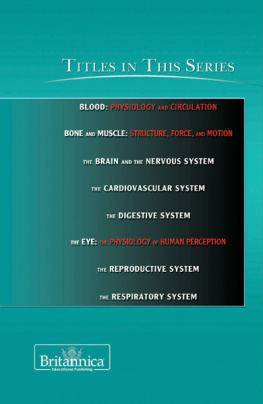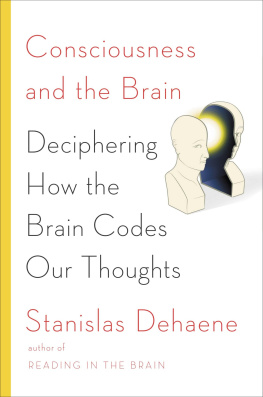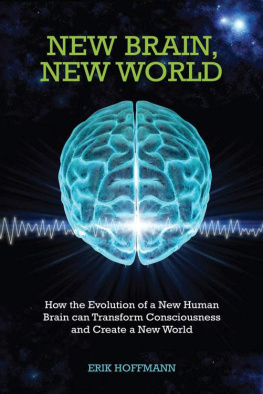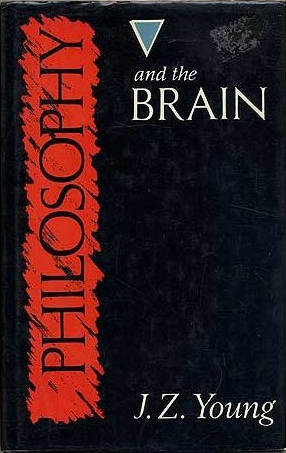
OPUS General Editors Keith Thomas Alan Ryan Walter Bodmer
OPUS books provide concise, original and authoritative introductions to a wide range of subjects in the humanities and sciences. They are written by experts for the general reader as well as for students.
Philosophy and the Brain
J. Z. YOUNG
Oxford New York OXFORD UNIVERSITY PRESS 1988
Oxford University Press, Walton Street, Oxford 0X2 6DP Oxford New York Toronto Delhi Bombay Calcutta Madras Karachi Petaling Jaya Singapore Hong Kong Tokyo Nairobi Dar es Salaam Cape Town Melbourne Auckland and associated companies in Beirut Berlin Ibadan Nicosia
Oxford is a trade mark of Oxford University Press
J. Z. Young 1986
First published 1987 by Oxford University Press First issued (with corrections) as an Oxford University Press paperback 1988
All rights reserved. No part of this publication may be reproduced, stored in a retrieval system, or transmitted, in any form or by any means, electronic, mechanical, photocopying, recording, or otherwise, without the prior permission of Oxford University Press
This book is sold subject to the condition that it shall not, by way of trade or otherwise, be lent, re-sold, hired out or otherwise circulated without the publishers prior consent in any form of binding or cover other than that in which it is published and without a similar condition including this condition being imposed on the subsequent purchaser
British Library Cataloguing in Publication Data Young, J.Z. (John Zachary).
Philosophy and the brain.
1. Man. Mind related to brain
2. Man. Brain related to mind
I. Title 128'.2 ISBN 0-19-282167-9
Library of Congress Cataloging in Publication Data Data available
Set by Colset Private Ltd., Singapore Printed in Great Britain by The Guernsey Press Co. Ltd.
Guernsey, Channel Islands
Preface
Although I have been interested in philosophy for a long time I never thought that I should be so rash as to write a book with such a title as this. There is a proper tendency by philosophers to despise those scientists who venture into their difficult subject, and I am indeed conscious of superficiality and misunderstanding. But I have taken the risk because I think that new biological knowledge can give important insights to old philosophical problems. Consideration of the nature of information as the essential basis of the continuity of life illuminates the whole concept of knowledge. Facts about the activities of the brain provide understanding of the individual as a responsible agent and so illuminate the problems of body and mind, intentionality and determinism. Investigations of the systems for encoding and representation in the brain show how perception is a search for information relevant for living. I believe that many difficult concepts, such as purpose, choice and value can be better understood by examining their counterparts in the brain and their manifestations in other animals as well as man.
I have tried to provide the information needed to understand the significance of biological discovery in a form that is accessible to philosophers. Conversely, I hope that biologists may see the relevance of philosophical discussion to their practical enquiries. My discussions do not go very deep either philosophically or scientifically, but they probably go rather beyond the limits reached by the practitioners on either side and so may help both parties.
Whatever professionals may think, there is no doubt that laymen and students enjoy reading about the more general views of scientists. Many people have told me of the stimulus that they gained from my first stumbling efforts in the Reith Lectures in 1950 on Doubt and Certainty in Science. The present book is an attempt to attack the philosophical problems more directly head-on. This obviously makes it even more open to criticism, which I am sure it will receive and deserve. Nevertheless 1 hope it will call attention to some important implications of modern biological knowledge that are often overlooked. It may also perhaps indicate to neuroscientists some problems that they might attack but are apt to ignore, as they probe with their microelectrodes. Most of all I should like the book to be of help to students and lay people who are concerned about fundamental problems of life and human nature. Knowledge of the brain can help to improve ones appreciation of life and to alleviate some of its troubles.
The book has arisen out of three Shearman Lectures given at the invitation of the Departments of Philosophy and History and Philosophy of Science at University College, London, in 1982. The lectures were called Philosophers use your Brains, but this seemed altogether too arrogant and provocative a title for a book. I am very grateful to Professor P. M. Rattansi for the invitation and for his chairmanship of the lectures. I also owe a great deal to the encouragement of Professor Ted Honderich who has read and criticized much of the text. His comments have shown me how widely my approach deviates from that of a professional philosopher. I am also very grateful to Professors Charles Philips and Lewis Wolpert and Dr J. OKeefe, who kindly read parts of the manuscript and corrected me on many points. My son, Simon Young, read much of the early part of the book and provided me with penetrating criticism. Finally, I must thank Raye Young, who not only typed and retyped many pages but gave help, encouragement and shrewd comments throughout, especially on questions of style and taste.
J. Z. Young
Brill
February 1986
Contents
PART I. CODING AND REPRESENTATION | |
| The problem | |
| Purpose, direction and history | |
| Whats in a brain? | |
| Mentality is not separable from the brain | |
| The brain as an agent. Brain programs | |
| Living and knowing | |
| Information | |
| The maintenance of order. DNA | |
| Embryology, adaptation and evolution | |
| The languages of life and of the brain | |
| Intentionality | |
| Representation and computation in the brain | |
| The origin of signals in the cortex | |
| Changes in the brain before an intentional action | |
| Some sites of linguistic activity in the brain | |
PART II. PERCEIVING | |
| Perception as a search for information | |
| The senses in the skin and their cortical centres | |
| Taste and smell | |
| Pain and internal sensations | |
| The senses of posture and balance | |
| Hearing | |
| Vision | |
| The visual cortex | |
| The eyes search for information | |
| Some theories of vision | |
PART III. LEARNING | |
| Memory | |
| Memory as a process of selection | |
vii |
Next page

